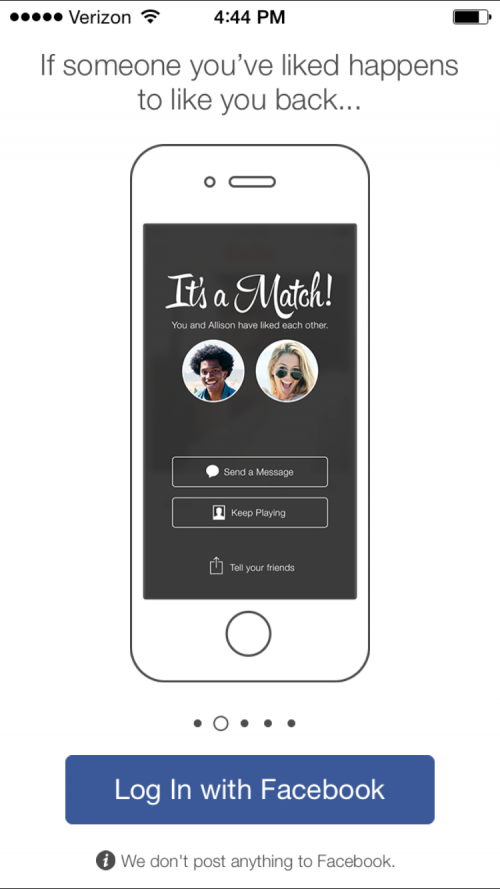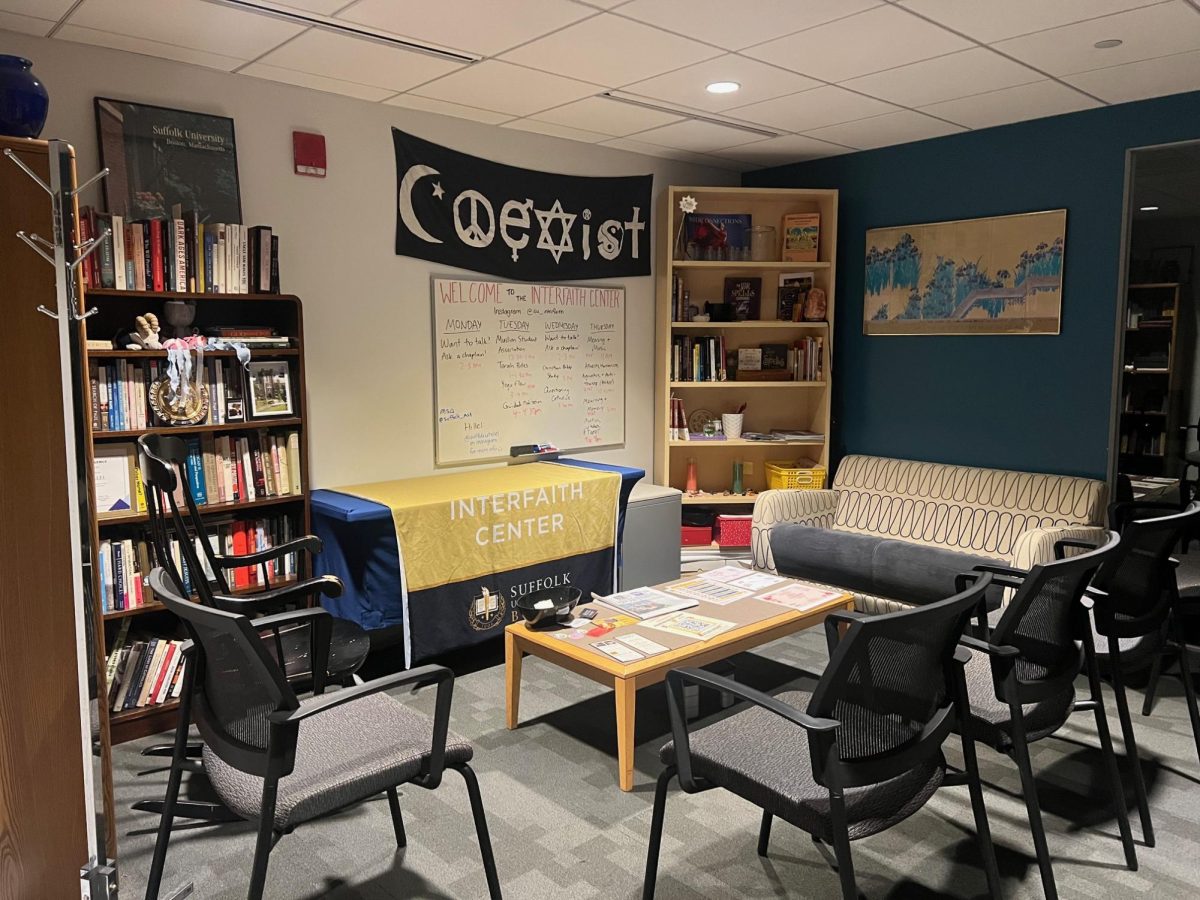By Dani Marrero and Sammy Hurwitz
We order our food online, submit our homework through BlackBoard, and even online shop. So why not find love online, too?
In this modern age where technology is so often in the forefront of everything we do, it has firmly ingrained itself in the way college-aged singles choose to find love. Between OkCupid, Match.com, Hot Or Not, and even Tinder and Grindr amongst others, there is no shortage of outlets for actively looking, college-aged singles.
One of the biggest questions asked about these love-vessels is what purpose do they really serve? Are these websites and applications meant to truly help singles find “the one,” or are they just another outlet to promote “hook up culture?”
Well, it may depend on what outlet that person chooses to use.
“People who go on Tinder, it’s obviously a hook-up app,” said Matt McInnis, a sophomore “You’re not looking for love [on Tinder]. It’s always better to have someone in your bed, than it is to sit there alone.”

But when asked about OkCupid and Match.com, McInnis was adamant in saying that those outlets are for dating and long-term relationships.
One thing is for sure: these online dating websites and applications make meeting other singles significantly easier.
Between the ages of 18 and 20, some find it a hassle to meet new people especially those living in a major city like Boston. Considering the rules held by local bars, many of which deny entry to those under age 21, finding other singles can become cumbersome.
For junior Erica Brierley, Tinder was the way to meet others when she studied abroad in France in the fall.
A change of culture, language, and with a bit of influence from a close friend who said, “Just try it,” Brierley soon found herself swiping through possible matches.
“When I was in France with that friend, I just decided to join,” said Brierley, a French and international relations major. “I met tons of people, went on a lot of dates, and it was great to meet people to hang out with and grab a drink.”
Upon returning to Suffolk, she observed a change in the behavior of men who use Tinder in Boston versus those in France, describing the French as “more willing to hang out,” she said.
But despite that difference, Brierley is currently dating someone she met through Tinder while in the U.S.
“When I told my mom about him, I had to explain to her the whole Tinder thing,” Brierley said. “I sat down with her and explained it calmly, told her it has a bad reputation, but with a respectful photo and description, you attract others who will respect you, too.”
Brierley has not uninstalled the app from her phone, but her usage has decreased since she began seeing her current sweetheart. 
As for hooking up, although Brierley recognizes that online dating further encourages it, she does not view it as “necessarily a bad thing.”
“It allows it to happen more regularly,” she said. “You don’t meet people in person and say, ‘Let’s hook up.’ Online you’re not shy about asking what you want.”
Regardless of whether students are looking for “serious” dates or a casual hook up, online dating is not a hit for everyone. With the vast amount of apps to choose from, on top of the regular complications of finding a connection with someone else, a jump into the search for love online can be a bust.
“Some girls lived too far away,” said Nick DiVirgilio, a junior at the New England School of Art and Design who tested online dating using the site Plenty of Fish. “I felt like I didn’t really connect with too many girls on the site.”
DiVirgilio used POF for about two months without going on any dates. Eventually, he backed out of the modern day courtship and tried it the old fashioned way.
“I met someone offline,” DiVirgilio said.


















